7 Cups Center for Open Research & Impact (CORI)
Are you a researcher interested in increasing the impact of your work?
Are you interested in designing innovations for mental and behavioural health?
Are you curious about how your work can scale to impact others?
Welcome to 7 Cups! Here at 7 Cups, we want to speed up the process of research and innovation development in behavioural and mental health. We are delighted you are interested in joining our research community.
Innovation follows a simple formula:
Talent + Luck x # Experiments = Innovation
How to Increase Innovation
The Company Model
Has

Data

People
Needs
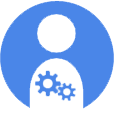
Engineers
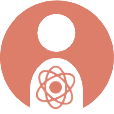
Scientists
Companies focus on revenue to survive. Innovation cannot be the primary focus. Hiring scientists and specialized engineers can be very costly, which in turn drives even more focus on revenue and less focus on innovation.
The University Lab Model
Needs

Data

People
Has

Engineers

Scientists
Scientists in the lab need to focus on research for career purposes. Scientists need users and data for publications. Getting a steady stream of people/users and data can be time-consuming, challenging, and costly.

A partnership between 7 Cups & University Labs creates an Integrated Model
The Integrated Model

Data

People

Engineers

Scientists
In the integrated model, the company has what the lab needs and the lab has what the company needs. If they integrate resources, then they both get what they need and can innovate more cost-effectively as aligned partners.
Each Integrated Model Partnership Exponentially Increases Units of Innovation
-

University Team A
(Talent)+

Luck
x
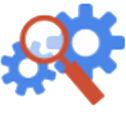
10 Experiments
=

1 Unit of
Innovation -

University Team B
(Talent)+

Luck
x

10 Experiments
=

1 Unit of
Innovation -

University Team C
(Talent)+

Luck
x

10 Experiments
=

1 Unit of
Innovation -

University Team D
(Talent)+

Luck
x

10 Experiments
=

1 Unit of
Innovation -

University Team E
(Talent)+

Luck
x

10 Experiments
=

1 Unit of
Innovation
Research in the 7 Cups Ecosystem
What we are doing is an experiment of the integrated model. There are hundreds of thousands of people in the 7 Cups community seeking and giving help, but we do not have scientists keeping up with the latest research on behavioral and mental health. As a researcher on 7 Cups, you will play an important role in helping us scale research and make an impact. Learn more about 7 Cups as an ecosystem in the video below. We also work closely with the Center for Open Science. Watch this video below to learn more about their work.
Additionally, our platform helps address a couple of key challenges in the broader research community. The first is the file drawer problem. All studies, significant and nonsignificant, will be tracked and saved for others to review. The second is replication. If one researcher finds significant results, then a second researcher can clone their study to easily replicate their results. A third is inclusivity. Many more researchers around the world will be able to conduct research on 7 Cups because it is open and there are no cost barriers.
Research Partners




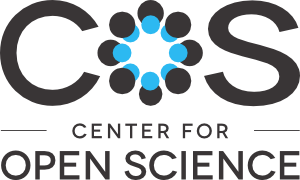
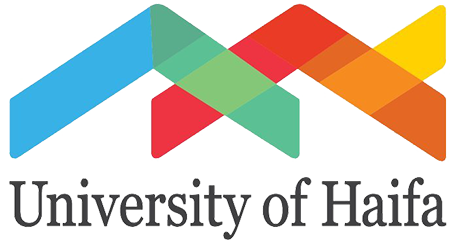
How to Get Started
- Create a listener account with your institution email and complete listener training to activate your account.
- Send an email requesting inclusion to research@7cups.com from your institution address.
- Accept our invitation to the "Research Team" slack channel and introduce yourself.
-
Build a new Growth Path consisting of at least 10 steps. A growth path is like a treatment plan or protocol that consists of steps that can include text, video, or exercises. Users take growth paths on the web and mobile app. Request the addition of pre and post measures or use the ones currently available.
- Download archival data on your path to learn how we can better scale outcomes and help more people.
- Publish any interesting findings in an open access journal.



